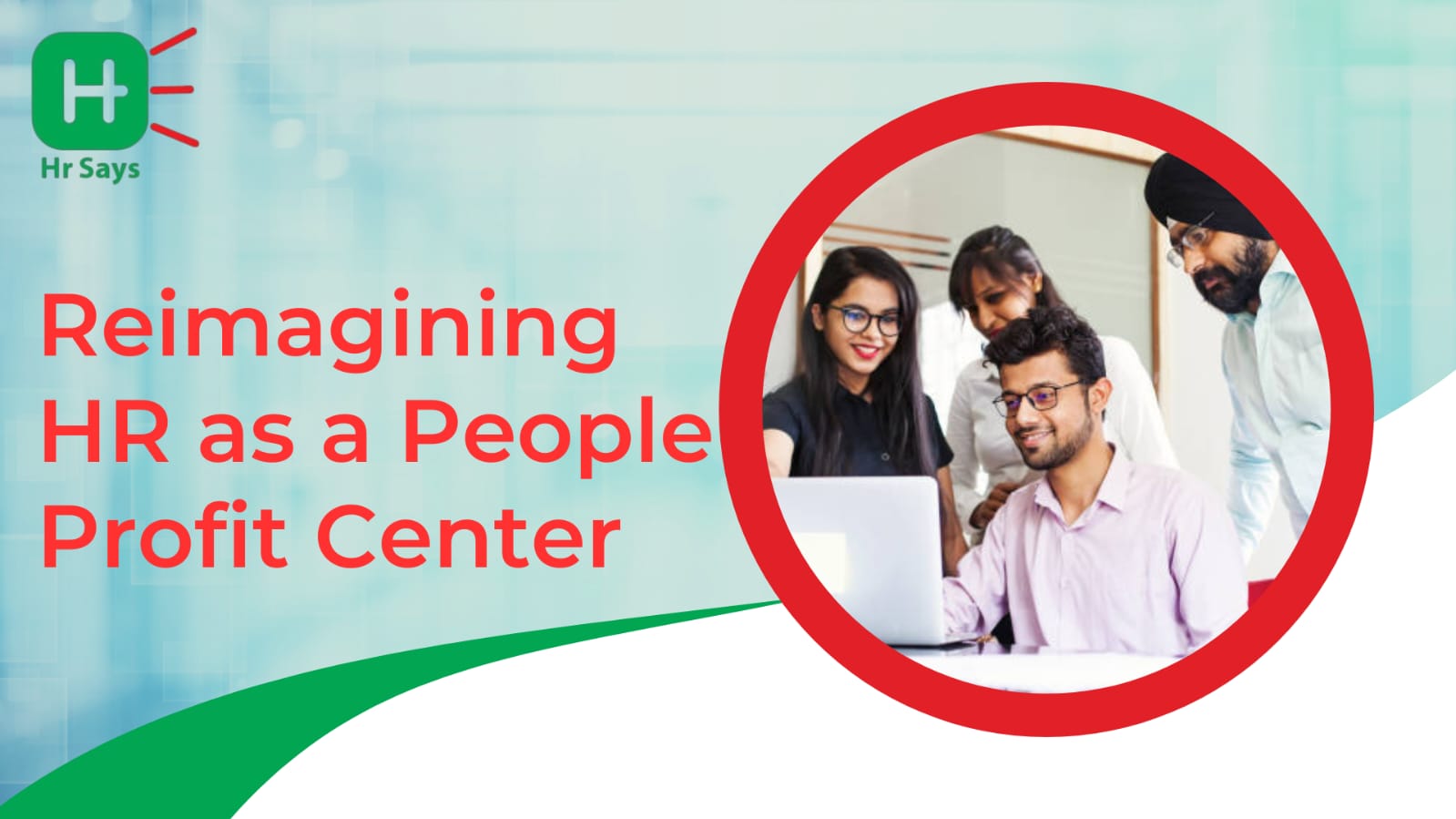What if HR wasn’t just about hiring and handling paperwork? What if it played a direct role in boosting revenue, retention, and results? The idea sounds bold—but it’s happening. Quietly. Gradually. With impact.
The Old View: Cost, Not Contribution
HR has long been seen as a back-office function. Budgets trimmed. Roles overlooked. Strategy left to others. People were hired. Problems were managed. Policies were enforced.
Not profit, just process. Not growth, just compliance.
This mindset stuck for years. But the world of work changed. And so did expectations.
The Shift: From Support to Strategy
Companies began to notice something. The teams with better culture performed better. The ones that retained talent saved more. The ones that upskilled employees grew faster.
The link between people and profit wasn’t invisible anymore.
Slowly, HR started to:
● Design career paths instead of job descriptions
● Build learning programs instead of checklists
● Use data to predict exits before they happened
● Influence business planning—not just follow it
The role expanded. From compliance to contribution. From rules to results.
But Is HR Really a Profit Center?
Not in the traditional sense. It doesn’t sell. It doesn’t build products. But it does something else.
It keeps good people. It builds strong teams. It reduces the cost of bad hires. It improves performance without more payroll.
If that’s not value creation, what is?
Think about it:
● Every high-performer retained is money saved
● Every manager trained is reduced turnover
● Every upskilled employee is growth unlocked
● Every fair process avoids lawsuits and reputational loss
When measured right, the numbers add up.
The Barriers Still Exist
Of course, not everyone is convinced. Many still see HR as soft, not strategic. Budgets remain
small. Influence limited.
Why?
● Profit impact is hard to measure
● Business leaders often don’t speak “people metrics”
● Short-term gains are prioritized over long-term culture
So yes, the shift is slow. Sometimes stalled. Sometimes ignored.
But it's happening.
Conclusion: It’s Time to Rethink
HR isn’t overhead. It’s underutilized. It doesn’t drain profit. It shapes it—through people.
To reimagine HR as a profit center, companies need to:
● Measure what matters
● Align people goals with business outcomes
● Give HR a seat at the real table
The change won’t be loud. But it will be felt—where it matters most: in performance, loyalty,
and culture.
Because in the end, every profit is powered by people. And someone has to build that engine.

 Can HR move from being a cost center to a true engine of profit? With the right mindset and strategy, yes. But it doesn’t come easy. The shift demands a rethinking of people, purpose, and performance.
Can HR move from being a cost center to a true engine of profit? With the right mindset and strategy, yes. But it doesn’t come easy. The shift demands a rethinking of people, purpose, and performance.








.jpeg)
.jpeg)

.jpeg)





.jpeg)



.jpeg)

.jpeg)



